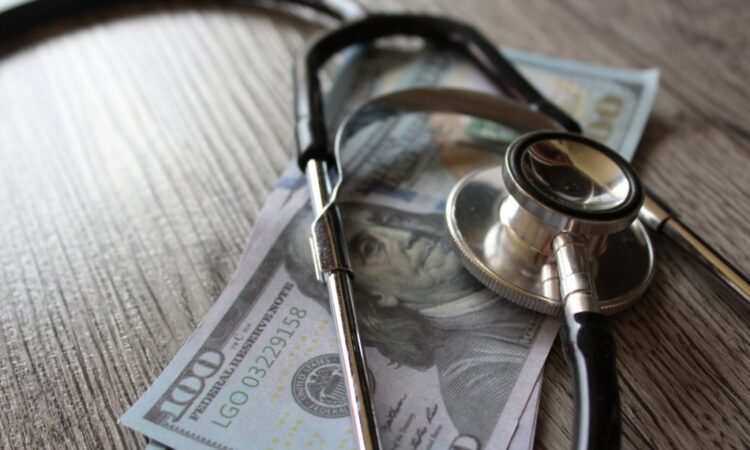
Health spending will represent about 20% of the United States economy by 2031.
The sector represented 18.3% of the country’s gross domestic product (GDP) in 2021 and will grow its share to 19.6% in 2031, the Centers for Medicare & Medicaid Services’ (CMS) Office of the Actuary said in a Wednesday (June 14) press release.
Between 2022 and 2031, national health expenditures (NHE) are expected to have an average annual growth rate of 5.4%, outpacing that of the GDP, which is expected to be 4.6%, according to the release.
In one of the three largest categories of goods and services, hospital spending growth is expected to average 5.8% annually over that 10-year period, driven by growth in hospital utilization rates and increases in hospital prices, as the sector is affected by the inflation and rising labor costs seen across the economy, according to the release.
Physician and clinical services spending is projected to rise at an average of 5.3% a year during that period, with this category benefiting from growth in Medicare enrollment and spending, the release said.
Retail prescription drugs spending is expected to average 4.6% annual growth from 2022 to 2031, with changes in Medicare and other spending slowing this category’s growth, per the release.
“Drug spending growth is projected to have slowed from 7.8% in 2021 to 5.1% in 2022, partly due to a decline in private health insurance spending, particularly on newly introduced drugs,” CMS said in the release.
The CMS’ annual publication of national health expenditures is often referred to as the “official” estimate of U.S. health spending, the release said.
PYMNTS research has found that two-thirds of consumers are accessing healthcare through patient portals.
Among the remaining consumers who are not using portals, 32% said they would be interested in doing so if a portal were offered by their providers, according to “The Digital Healthcare Gap: Streamlining the Patient Journey,” a PYMNTS and Experian Health collaboration.
Several companies have been adding other forms of digital services to serve customers and providers in the healthcare sector.
For example, Uber Health said Tuesday (June 13) that it is adding the delivery of health foods and over-the-counter (OTC) medications to its platform.






